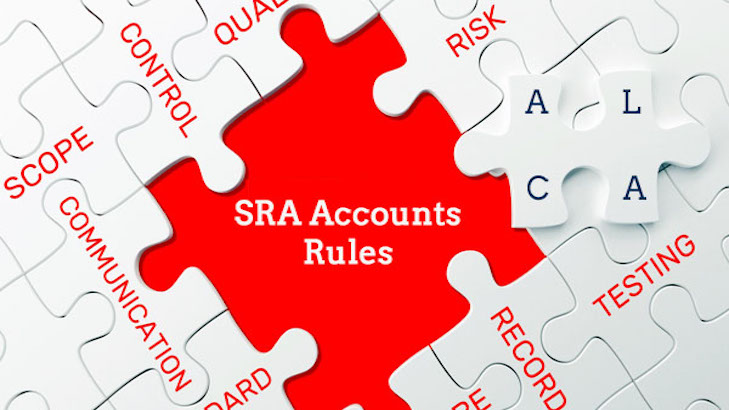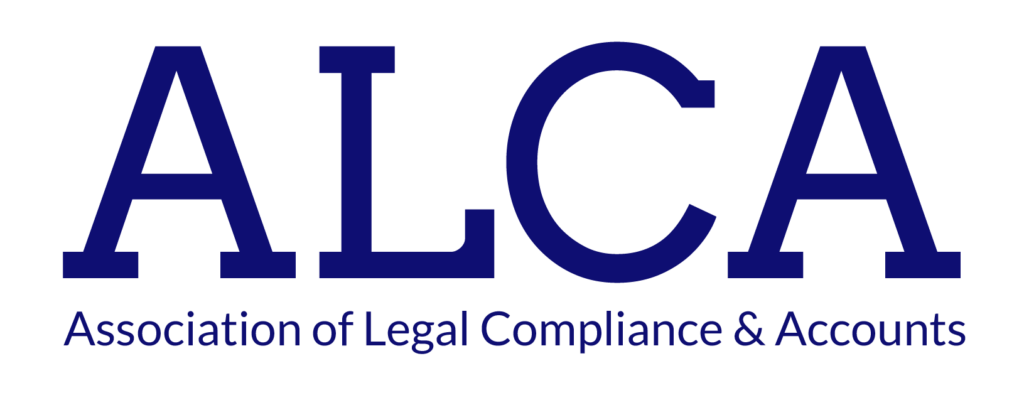
As an Org Plus Plan subscriber, you have unlimited access to the On Demand training library of pre-recorded training videos. You can watch these as many times as you like at your own leisure. Questions can be posed to trainers during and after the video, with responses being provided within 2 working days. Ensure you’re logged into your account to access.
For non-subscribers and all other plan subscribers, access can be purchased separately.
#1. Your firm is acting for a client in respect of a purchase of a residential property. The lawyer applies for an OS1 search direct from the Land Registry. The search result reveals that there has been alterations made to the register since the date the Official Copies were produced by way of a restriction. The lawyer advises the client on the results of the search.
When billed to the client, you would treat the cost as:
#2. You’re firm is acting for the executors in dealing with the administration of a deceased person’s estate and have sent a bill to the executors, together with the estate accounts for approval. You have asked the solicitor that is acting if you can transfer costs from the client account to the business account to discharge the bill in full. The solicitor has replied “no, as costs are not properly due”.
Is this a breach of SRA Accounts Rule 4.2?
#3. A bill of costs must be signed by a partner/director or member?
#4. You have paid a disbursement from the business account and now have sufficient money held in the client account towards it.
Are you required to send the client a bill or other written notification of costs prior to transferring the money from the client account to the business account?
#5. You instruct a third party contractor to represent your client at a police station who has been arrested. The third party issues you with an invoice addressed to your firm with no VAT as they are not VAT registered. You pass this cost on to your client.
How should you show it and treat it on your bill/invoice?
#6. When dealing with residual balances that are £500 or less that are to be paid to a charity, your firm posts a journal from the business side of the client’s ledger and credits a nominal ledger in the name of the charity. You then transfer the residual balance from the client account to the business account.
Once a month, the payment to the charity is made from the charity nominal ledger. Is this permissible under the SRA Accounts Rules?
#7. Is it permissible to issue the client with a bill of costs for an unpaid, not yet incurred, disbursement?
#8. Your firm prepare a lot of wills and fixed fee interviews as one-off transactions for clients. However, instead of opening an individual client ledger for each client, you have a general ledger on which you record the details of each client and the costs received.
Is this a breach of the SRA Accounts Rules?
#9. Your firm is instructed by the landlord of a new development of commercial properties to prepare the lease agreements. You’re also instructed to receive, and hold in client account, the rental deposits that are paid by the tenants. These will be held until the lease comes to an end and any conditions, e.g. dilapidations, are met.
Is this a breach of the SRA Accounts Rules?
#10. If you receive notification of an SRA Forensic Investigation, does the SRA provide a reason?
SRA Accounts Rules – The Essentials
Length: 3 Hours
Published September 24, 2022
Last Updated on May 20, 2023
Who is this training for?
This online workshop is for Solicitors, Lawyers, Accountants, Compliance Officers, COFA’s, Legal Accounts Professionals, Legal Cashiers and anyone that has any involvement in working in legal finance and compliance.
Purpose of this training?
The current SRA Accounts rules allow more flexibility in how law firms operate and manage risk but also require firms to make their own professional judgements and decisions in how they protect client money and assets entrusted to them.
This online workshop will explore the technical and practical application of the accounts rules and best practice to ensure compliance. It will address issues that have emerged from the warning notices guidance that has been subsequently released and will look at conundrums, scenarios and recent Solicitors Disciplinary Tribunal decisions.
- Introduction
- Client Money and Client Bank Accounts
- Legal Aid Money
- Client Account Exemption
- Management of Money and Timeframes
- Residual balances
- Banking Facilities
- Systems and Controls
- Client Bank Reconciliations
- Joint Accounts/Client Own Accounts
- Breaches
- Third Party Managed Accounts (TPMA’s)
- The Role of the Accountant and the Report
- SRA Additional Guidance
- Summary of the Changes 2011 -v- 2019
Further Information
Practice notes and training sessions represent the Association of Legal Compliance & Accounts’ view of good practice in a particular area. They are not intended to be the only standard of good practice that firms can follow.
Practice notes and training sessions are not legal advice, and do not necessarily provide a defence to complaints of misconduct or poor service. While we have taken care to ensure that they are accurate, up to date and useful, we will not accept any legal liability in relation to them.
Frequently Asked Questions
Why Online
It’s really simple:
- Reduced cost
- Can be taken anywhere on any device – no travel time or cost
- Shorter and more efficient than face-to-face
- Live and interactive
- Recorded and can be replayed at your leisure
Online – the Cons?
At present, many training providers are offering online training services, under the guise of webinars – some live, some pre-recorded. The live mainly consisting of the trainer talking with little or no engagement with the delegate – this is a common perception as to what a webinar is. For some, this can feel very lonely and isolated. It requires strong, self-motivation and time management skills. The learner’s mood is exceptionally difficult for the trainer to read – a good trainer will read body language within the room. Also, if you have a technical issue, then accessing the online learning resources can become difficult. Where there is no accreditation, the quality of the course content can come into question.
Depending on your subscription and the length of the workshop, the pricing is as follows:
Our online workshops are delivered via Zoom. You can access the session via your computer, tablet or mobile device.
Details on how to join the online session will be provided the day before the training goes live.
We recommend you run a system test and check your internet speed by clicking HERE.
If your firm prevents you from using Zoom, please contact us.
There is no requirement to attend live but we advise that you do where you can as this will be the best experience for you. Don’t forget, you can pose questions live to the trainer and join in with the interaction when you attend live. Also, be mindful that you have access to the recording for 30 days, after which, it will no longer be available.
Not at all. We prefer it if candidates do as it makes the training more engaging but it is not mandatory to turn your camera or microphone on during the training session.
If you don’t have a microphone, you can still pose questions using the chat facility.
